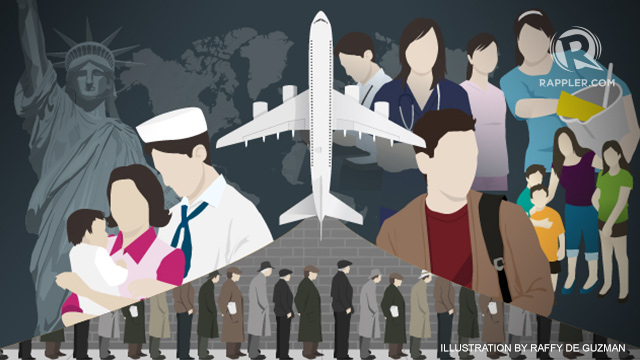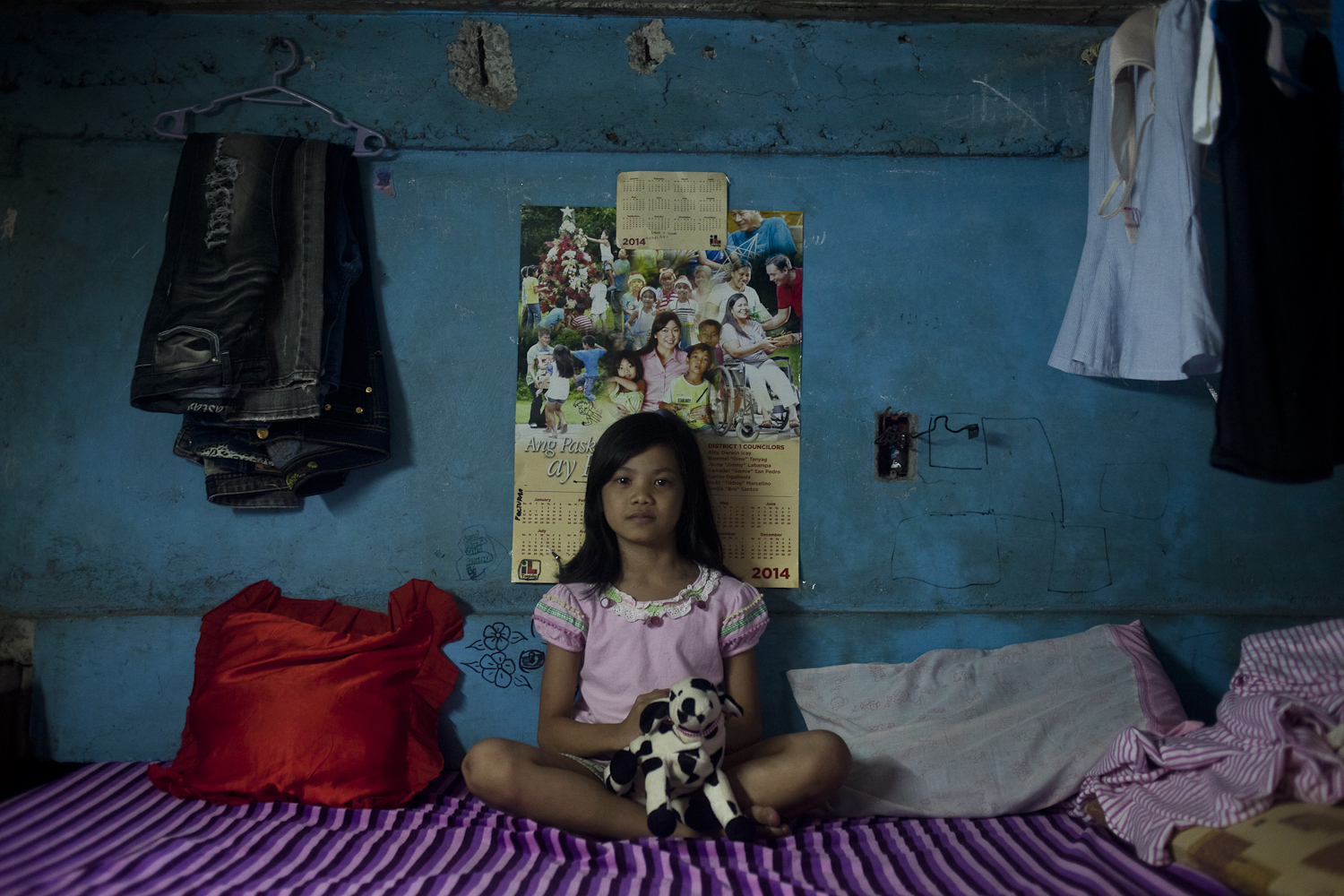
In the 1970s, men composed the majority of Overseas Contract Workers (OCW) who left the Philippines to work on oil rigs and construction sites in the Middle East. Many will still be able to recall the popularity of the phrase "Katas ng Saudi" [fruit of Saudi] to refer to material possessions or a better life as a result of working in Saudi Arabia.
In the 80s and 90s, the service sector boomed and women began leaving to fill domestic and caregiving vacancies in the developed countries and around Asia.
Today, the Philippines is a major source of labor migrants for many countries across the globe. The sectors of seafaring, domestic work and nursing are largely dominated by Filipinos and temporary labor migration has become a way of life for many Filipino families.
The various government administrations have taken different positions on migration as a development strategy, but have not been able to deny the economy's reliance on the consistency of OFW remittances.
Rappler traces the history of labor migration in the Philippines, starting from the Galleon Trade where Filipino seafarers emerge as our pioneer migrants.





